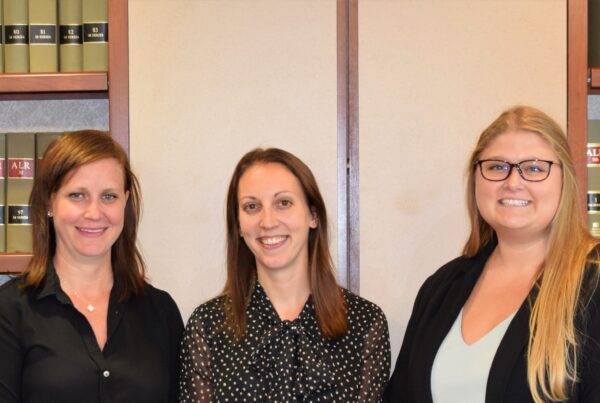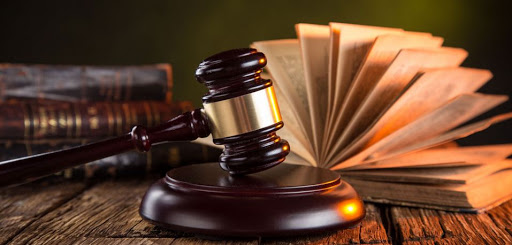As of June 16, 2020, potentially forgivable loans of over $512 billion have been issued under the loan program known as the Paycheck Protection Program (“PPP”) created under the CARES Act. These loans are intended to aid small businesses adversely affected by COVID-19.
Given this unprecedented level of federal aid, government investigators will be scrutinizing the accuracy of borrowers’ qualifications, loan applications, and supporting documents for years to come looking for fraud and abuse.
As a result, small businesses that scrambled to apply for sorely needed PPP loans while reeling from a global pandemic could wind up in the crosshairs of federal (and perhaps state) law enforcement officials, including those looking to make a fraud case under the CARES Act or other federal and/or state lending laws.
Part of the difficulty for borrowers is that the qualification requirements for a PPP loan and for PPP loan forgiveness, are complex. Determining whether a borrower qualifies for a PPP loan and forgiveness of the loan requires multiple calculations and supporting documents.
Of course, most small businesses would never knowingly commit fraud when applying for or using government aid. Still, mistakes happen, and law enforcement will be under pressure to bring chargeable offenses to show they are conducting proper oversight. The last thing you want is for your business to become the subject of civil or criminal charges.
Any business under government scrutiny will understandably be eager to clear up any alleged impropriety. Before you take any action, and especially before you respond to any government inquiry, it is crucial that you consult with an attorney experienced in responding to government investigators.
Likewise, you should immediately contact an experienced attorney if you discover an error in your business’s PPP loan application, or if your business receives a PPP loan overpayment. Under appropriate circumstances, there may be a strategic benefit to identifying and returning any loan overpayment to demonstrate that any error was a good faith mistake, rather than a scheme to defraud.
If you discover that your business may have submitted potentially inaccurate or incomplete information when it applied for a PPP loan, or if your company receives a formal letter or subpoena regarding a government investigation, immediately contact your FOS attorney to discuss. The lawyers at FOS are knowledgeable when it comes to the PPP loan application process and well-equipped to guide you through the minefield of responding to a government fraud inquiry.




